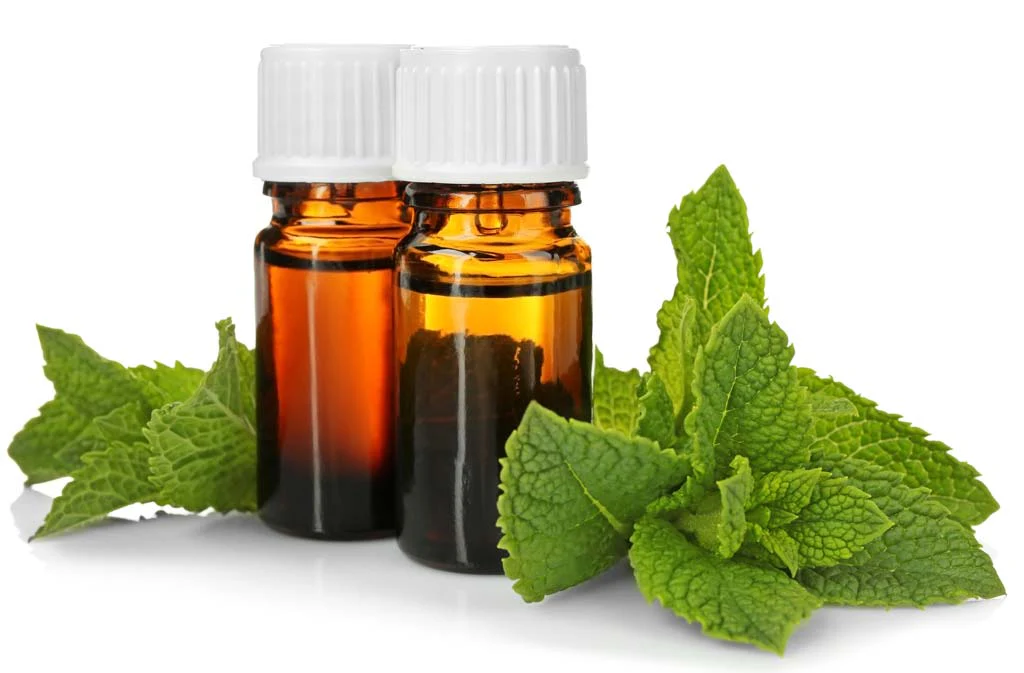Essential oils have become increasingly popular for their various therapeutic and health benefits. Among them, lemongrass oil and ginger essential oil are well-regarded for their unique properties and versatile uses. While both oils offer numerous benefits, their applications can vary significantly. Here’s a detailed look at the uses and benefits of lemongrass oil versus ginger essential oil.
Lemongrass Oil
**1. Pain Relief: Lemongrass oil is widely used for its analgesic properties. It can help alleviate muscle pain, joint pain, and headaches when applied topically. Its anti-inflammatory qualities make it a popular choice for treating arthritis and other inflammatory conditions.
**2. Insect Repellent: One of the most common uses of lemongrass oil is as a natural insect repellent. It’s effective against mosquitoes, ticks, and other pests, making it a great option for outdoor activities or keeping insects at bay indoors.
**3. Digestive Health: Lemongrass oil has traditionally been used to aid digestion. It can help relieve bloating, constipation, and indigestion. Additionally, it has antimicrobial properties that can help fight infections in the digestive tract.
**4. Mental Clarity: The fresh, citrusy scent of lemongrass oil is known to enhance mental clarity and focus. It’s often used in aromatherapy to combat fatigue, anxiety, and stress. The invigorating aroma can uplift the mood and increase concentration.
**5. Skin Care: Lemongrass oil is beneficial for the skin due to its antibacterial and antifungal properties. It’s commonly used in skincare products to treat acne, reduce excess oil, and cleanse the skin. It also acts as a natural astringent, helping to tone and tighten the skin.
Ginger Essential Oil
**1. Digestive Aid: Ginger essential oil is renowned for its ability to soothe the digestive system. It’s often used to relieve nausea, indigestion, and upset stomach. It’s particularly effective in treating motion sickness and morning sickness during pregnancy.
**2. Anti-Inflammatory: Ginger oil has powerful anti-inflammatory properties that make it effective in reducing pain and inflammation associated with conditions like arthritis, muscle strains, and joint pain. It’s often used in massages to relieve sore muscles and stiffness.
**3. Immune Support: Ginger oil is rich in antioxidants, which help boost the immune system. It’s used in aromatherapy to ward off colds, flu, and other infections. The warming effect of ginger oil can also help reduce fever and congestion.
**4. Respiratory Health: Ginger essential oil is beneficial for respiratory health. It’s often used to treat coughs, colds, and bronchitis. The warming properties of ginger oil help clear mucus and phlegm from the lungs, providing relief from respiratory discomfort.
**5. Emotional Balance: Ginger oil is known for its grounding and warming effect on emotions. It can help alleviate feelings of anxiety, fatigue, and lack of motivation. Its spicy, invigorating scent is often used to enhance mental focus and increase energy levels.
Comparison and Conclusion
Both lemongrass oil and ginger essential oil offer a wide range of benefits, but they are suited for different purposes. Lemongrass oil is ideal for those looking to enhance mental clarity, protect against insects, or improve skin health. On the other hand, ginger essential oil is perfect for soothing digestive issues, reducing inflammation, and boosting respiratory and immune health.
When choosing between these two oils, consider your specific needs. Whether you’re looking to alleviate pain, improve your skin, or support your digestive system, both lemongrass oil and ginger essential oil have something valuable to offer. Incorporating these oils into your daily routine can help enhance your overall well-being.

